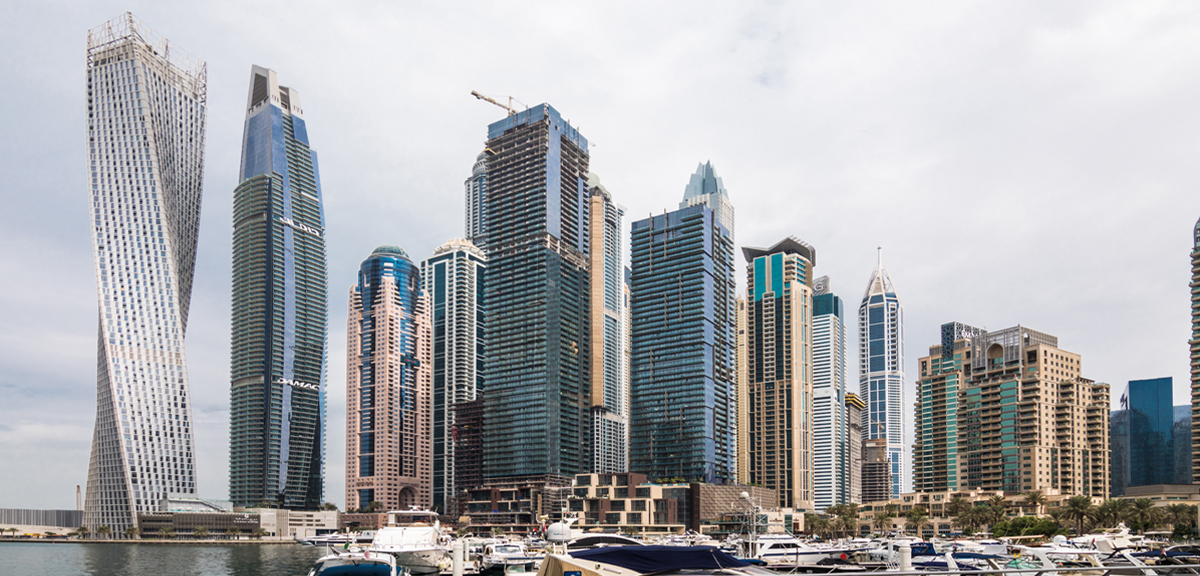
The city’s real estate sector has experienced significant growth in recent years. Off-plan properties have become increasingly popular among investors. However, the complexity of developer liability can be overwhelming, leaving many investors uncertain about their rights and responsibilities. Investing in an off-plan property in Dubai can be an exciting and lucrative venture. However, it’s essential to understand the responsibilities developers have regarding maintenance and defect costs after the property handover. This comprehensive guide will delve into the laws and regulations governing developer liability in Dubai. It will provide valuable insights to help you make informed decisions. We’ll explore the key provisions of the law, the importance of a sale agreement, and the benefits of understanding developer liability. This knowledge can help you avoid potential issues and ensure a smooth investment experience.
Developer Responsibilities in Dubai: A Legal Overview
In Dubai, the responsibilities of developers concerning maintenance and defect costs are clearly defined by local laws. According to Article (40) of Law No. (6) of 2019 Concerning Ownership of Jointly Owned Real Property in Dubai, developers have specific obligations for repairing defects post-handover:
- Structural Defects: Developers are responsible for fixing any defects in the structural parts of a jointly owned real property. This responsibility lasts for a period of 10 years from the date of receiving the completion certificate. This means that if there are significant issues, such as leaky roofs or foundational problems, the developer must address them at no extra cost to you. This obligation lasts for a decade-long period.
- Minor Defects: For defects in non-structural components like mechanical and electrical systems, as well as sanitary and sewerage installations, the developer’s responsibility extends for one year from the handover date. This covers issues that arise within that period. This covers issues like faulty air conditioning systems or broken plumbing, which need prompt attention but are not related to the building’s structure.
Importance of a Sale Agreement
While the law provides a clear framework, it’s highly advisable to formalize these terms in a sale agreement. A well-drafted sale agreement should outline the rights and liabilities of both parties, you and the developer. This document will be crucial if any disputes arise or if you need to address issues post-handover. Here’s why a sale agreement is important:
- Clarity: It clearly states the scope of the developer’s responsibilities and your rights. This includes detailed descriptions of what constitutes a structural versus minor defect and the process for reporting and addressing these issues.
- Dispute Resolution: In case of any disagreements or issues with the property after handover, the sale agreement serves as a reference for resolving disputes. It ensures that both parties are on the same page regarding their obligations and rights.
- Legal Protection: Having a formal agreement provides additional legal protection. Should any problems arise that are not covered by the statutory period, the sale agreement can be used to seek remedies. If the developer fails to meet their obligations, the sale agreement can also be used to address the issue.
Practical Steps for Property Investors

To ensure a smooth experience when investing in off-plan properties in Dubai, follow these practical steps:
- Review the Developer’s Reputation: Research the developer’s track record in completing projects and handling post-handover issues. Check reviews and seek feedback from previous buyers.
- Understand the Legal Framework: Familiarize yourself with the relevant laws and regulations. Knowing the specifics of Article (40) of Law No. (6) of 2019 can help you understand your rights and the developer’s obligations.
- Get a Comprehensive Sale Agreement: Work with a legal expert to draft a sale agreement that clearly defines the terms related to maintenance and defect rectification. Ensure it aligns with the statutory requirements and covers any additional concerns you might have.
- Conduct Thorough Inspections: Before finalizing the handover, conduct a detailed inspection of the property to identify any potential issues. Address these with the developer before completing the purchase.
- Keep Documentation: Maintain records of all communications, agreements, and inspections related to the property. This documentation can be invaluable if you need to address defects or pursue legal remedies.
Conclusion
Investing in an off-plan property in Dubai offers numerous opportunities. However, understanding the developer’s responsibilities for maintenance and defect costs is required. You can protect your investment by familiarizing yourself with the legal framework and securing a comprehensive sale agreement. Additionally, taking proactive steps will help you promptly address any issues.
In summary, developers in Dubai must rectify structural defects for up to 10 years and minor defects for one-year post-handover, as per local laws. However, having a detailed sale agreement will enhance your investment experience. Staying informed about your rights and obligations will safeguard your interests in the dynamic Dubai real estate market.